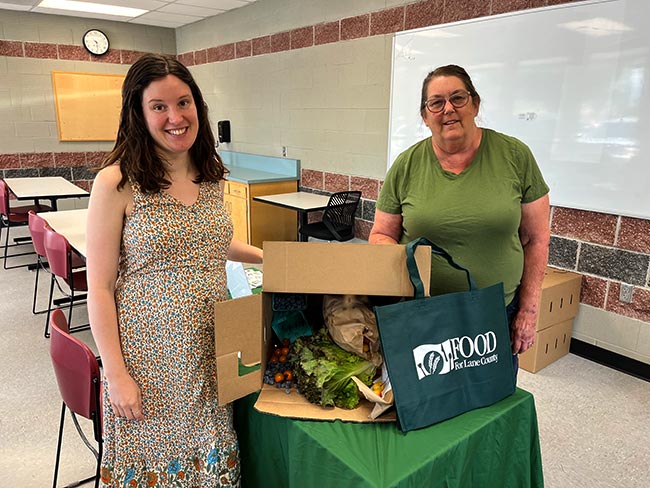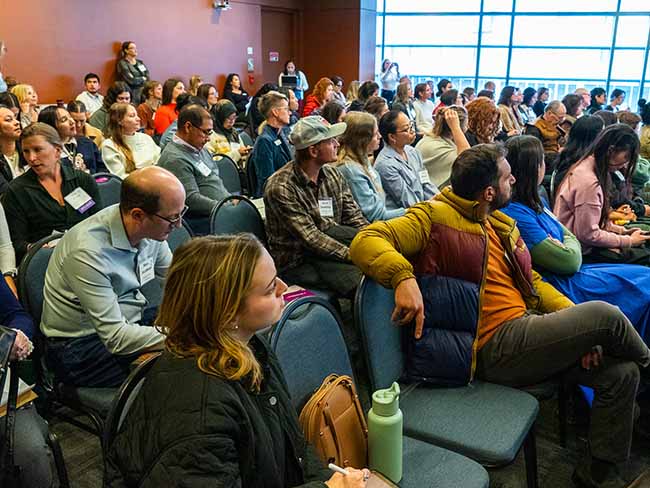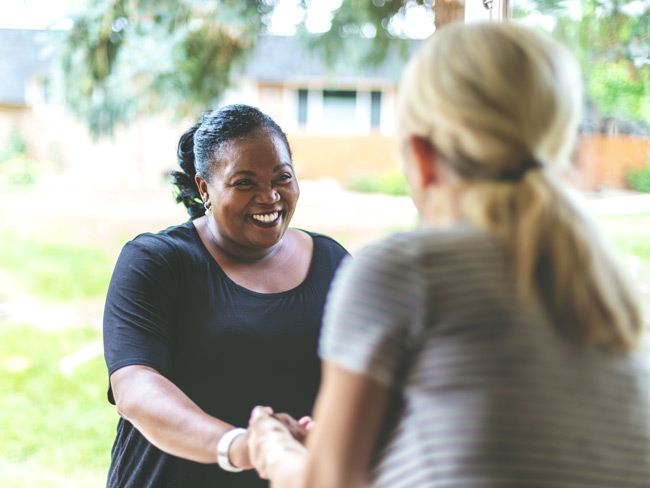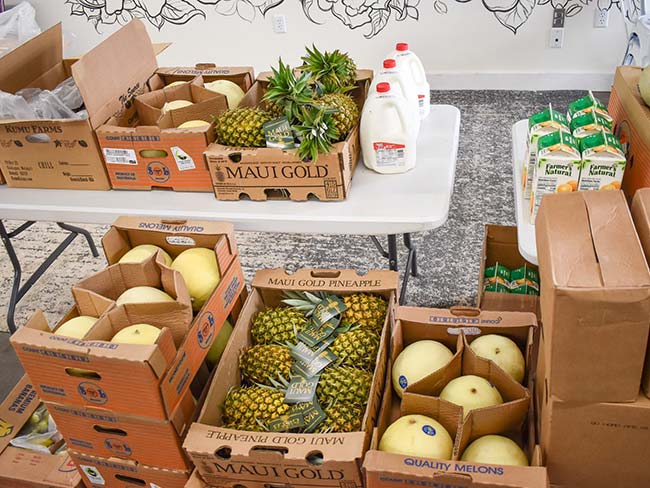Good health requires more than health care
Everyone needs a safe place to live, healthy food to eat, and other essentials. We offer support to help people live well and thrive.
Life hasn’t been easy for Roy Angeles.
He was diagnosed with type 2 diabetes, and it stayed stubbornly uncontrolled. When you have diabetes, controlling your blood sugar is important. With careful attention, this is possible through diet and medications.
It turned out, he struggled to afford healthy food, his medications, and rent. Making ends meet had to come first before he could focus on his physical health.
Finally, in 2022, at 53 years old, Angeles, a Kaiser Permanente member in San Diego, California, found the additional help he needed, as Eleanor Pizarro, a Kaiser Permanente nurse practitioner and Angeles’s case manager, started asking him questions about his social health.
Unmet social health needs affect well-being
At Kaiser Permanente, we believe there are 3 parts of your total health — and they’re all connected.
- Physical health is the health of your body.
- Mental health is the health of your mind.
- Social health is the health of your daily life. It includes having a safe place to live, nutritious food, and being able to meet other basic needs.
We help members with their social health by linking them to local groups and services that improve well-being and provide nonmedical support and services that we know lead to better health. Angeles’s experience is one example of how we do this.
Explore the Kaiser Permanente Community Support Hub
“If you’re feeling anxious about the basics — food, rent, utilities — we want to connect you to help that’s available right in your community. We know that everyone has basic needs that must be met before they can stay as healthy as they want to,” said Anand Shah, MD, vice president of social health at Kaiser Permanente. “We’re a trusted partner in our members’ lives. It’s so important to provide extra support when and where we can.”
Our Community Support Hub can help if you’re struggling with rent, housing, healthy food, and many other daily needs. You can use the hub whether you’re a Kaiser Permanente member or not.
The free online directory includes hundreds of local community-based resources in your area to help with food, housing, child care, and more.
If you’d prefer to talk to someone on the phone, the hub also offers a toll-free call center. When you call 1-800-443-6328, you’ll be connected to specialists dedicated to understanding your needs. Those specialists can help match you to the right services.
On the path to better health
With Pizarro’s help, Angeles applied for our Medical Financial Assistance program, which helped cover the costs of his medications.
Pizarro also helped Angeles apply for CalFresh, which provides benefits for Californians who have low incomes to stretch their monthly food budgets and put healthy food on the table. And she used the hub’s resource referral platform to help him apply for affordable housing through a local community organization.
Angeles said the journey was hard, but Kaiser Permanente and Pizarro helped a lot.
“I have not controlled my diabetes since 2004, but now I am controlling it,” he concluded.
Learn more about our social health resources.









